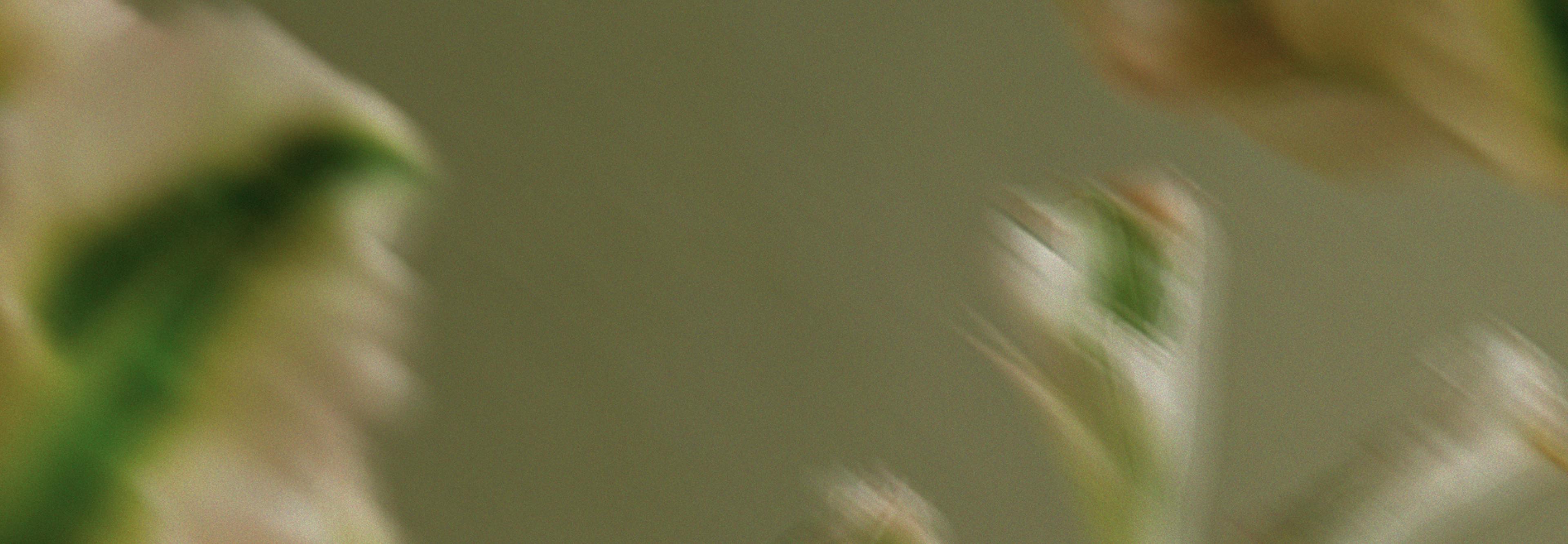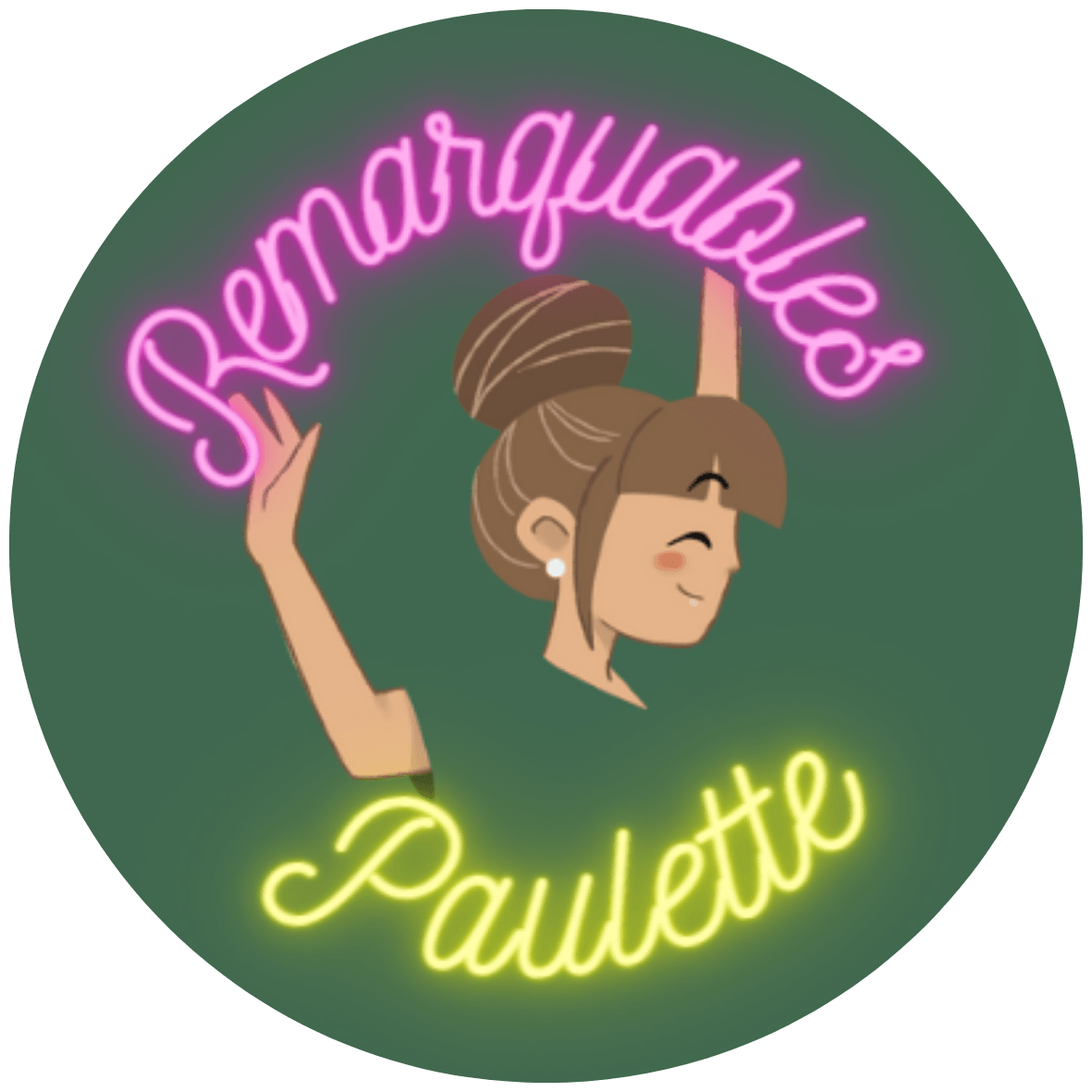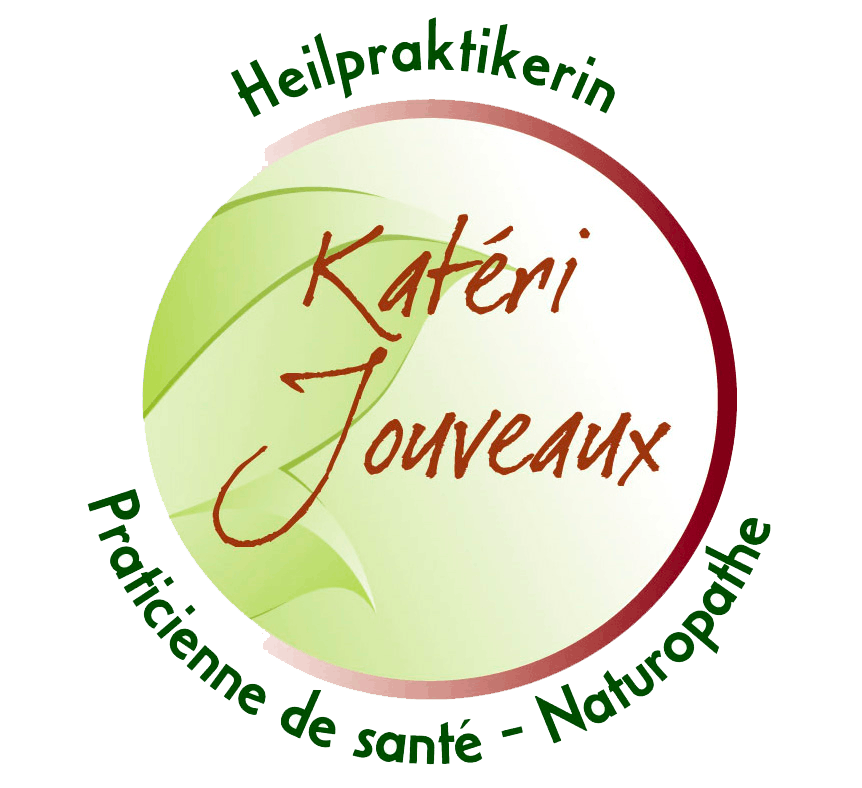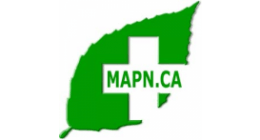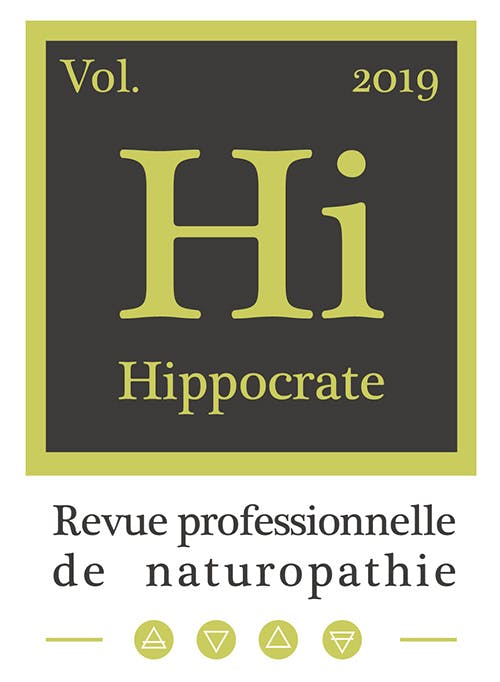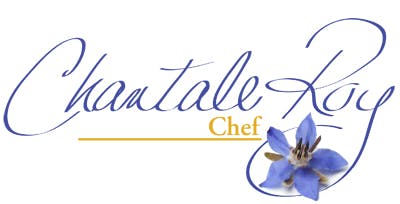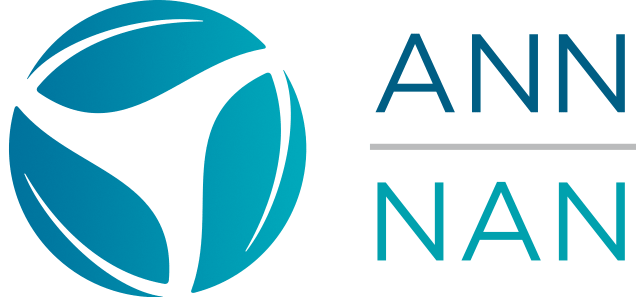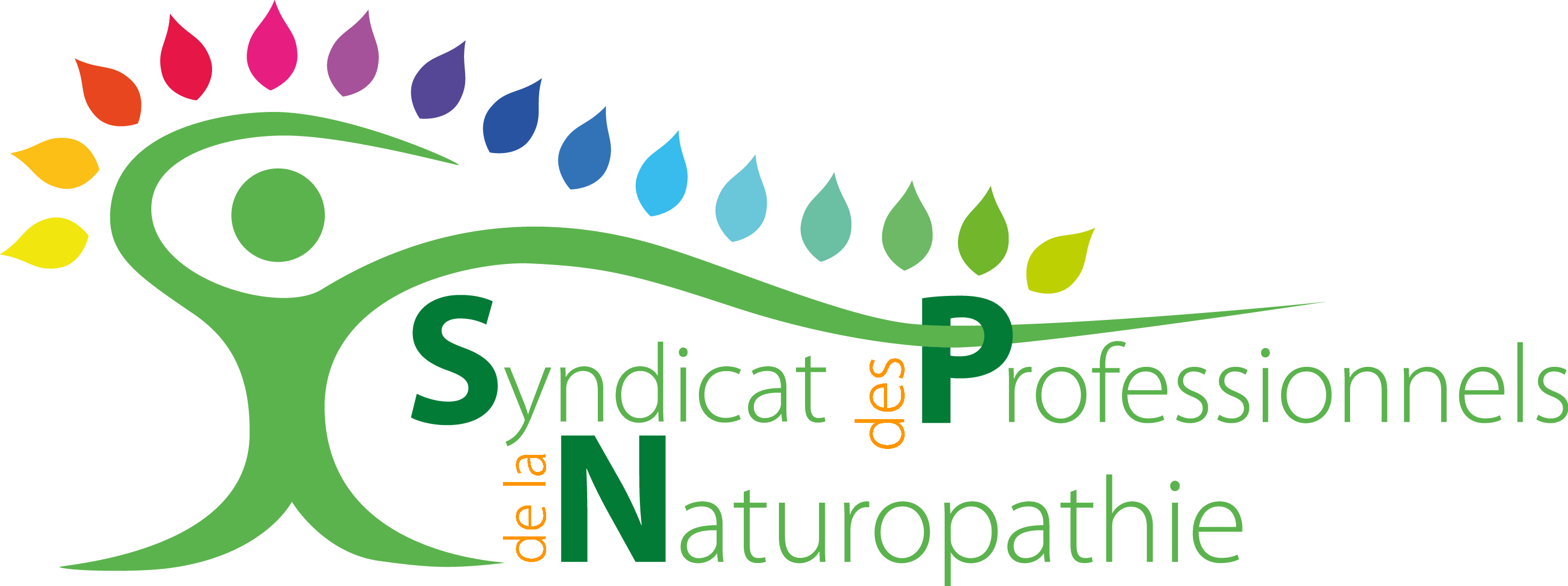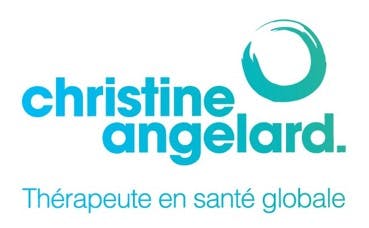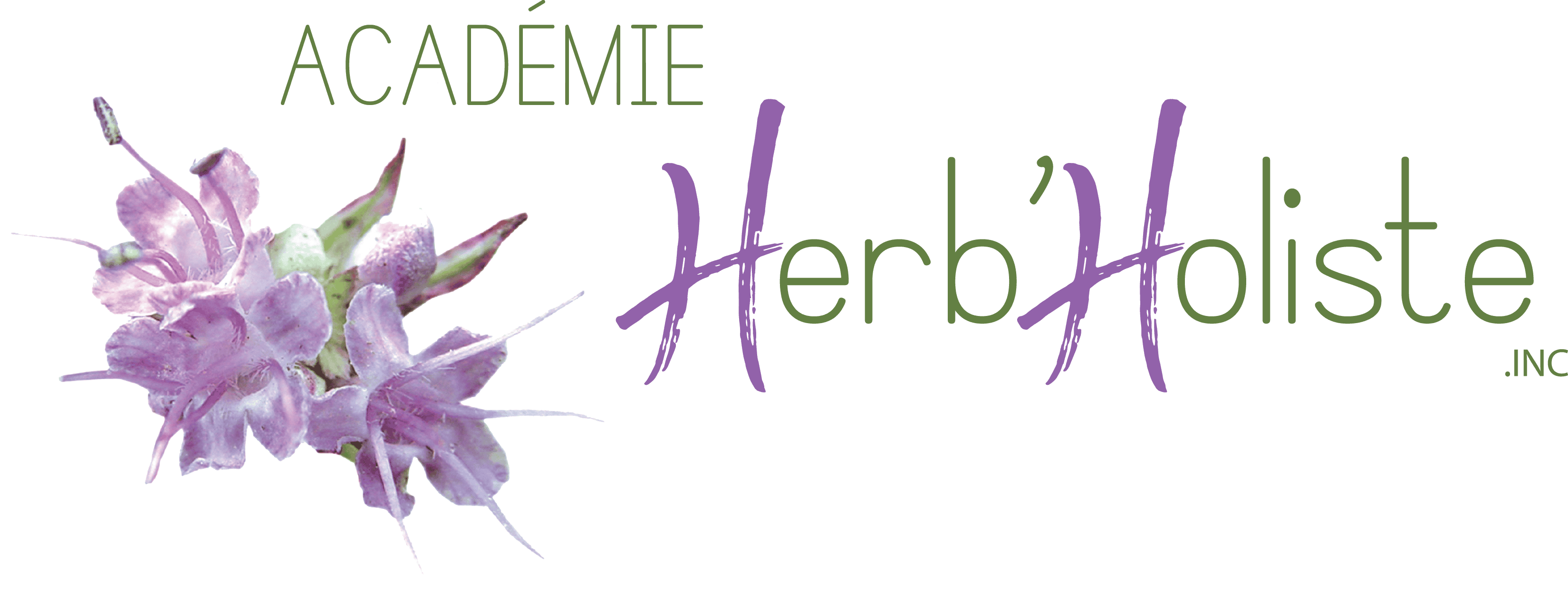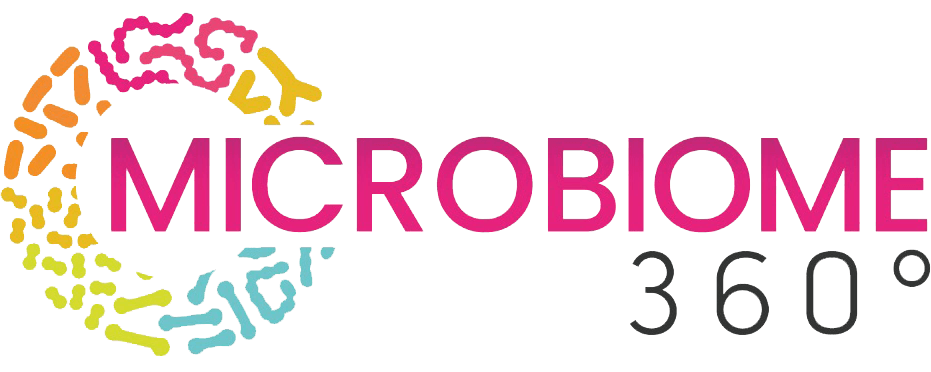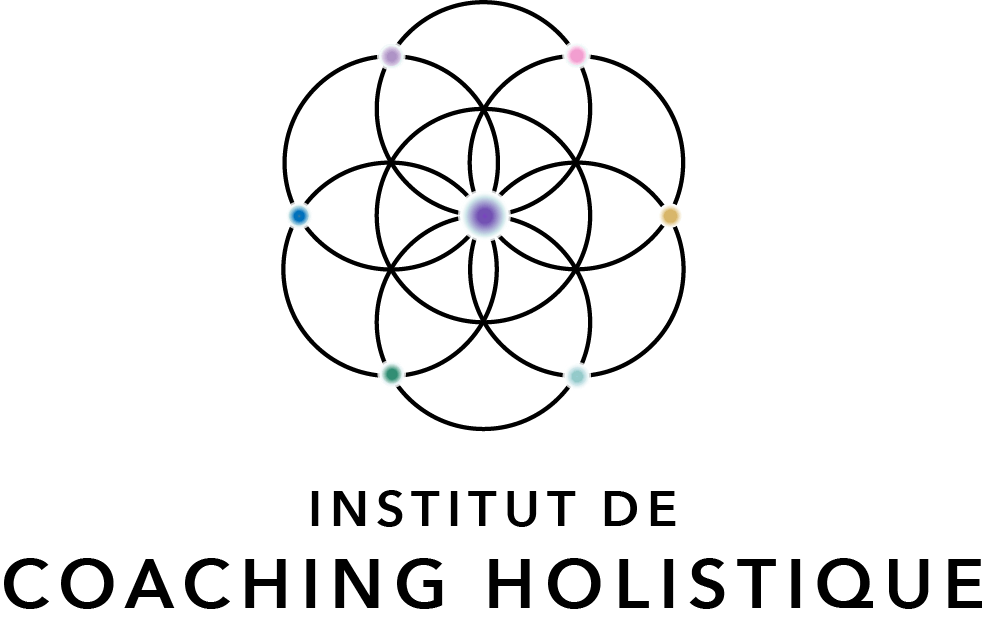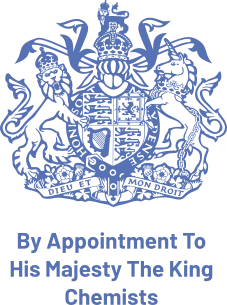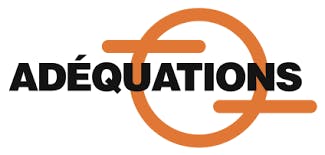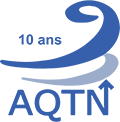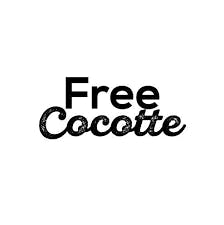Clinical Studies in Homeopathy
This clinical internship in homeopathy is based on the thorough study of real clinical cases, carefully documented and directly connected to the associated theoretical program. The goal is to allow the student to apply their knowledge in a practical and supervised environment. Through analysis of various clinical situations, the student learns to sharpen their observation skills, structure an effective interview, carry out a rigorous homeopathic analysis, and make appropriate therapeutic recommendations.
As part of the assessment, each student must prepare three comprehensive clinical files, demonstrating their mastery of the different stages of the consultation: gathering information, selecting the remedy, justifying the treatment, follow-up, record keeping, and writing a final report. This internship aims to develop the autonomy, professional rigor, and synthesis ability essential for clinical homeopathic practice.
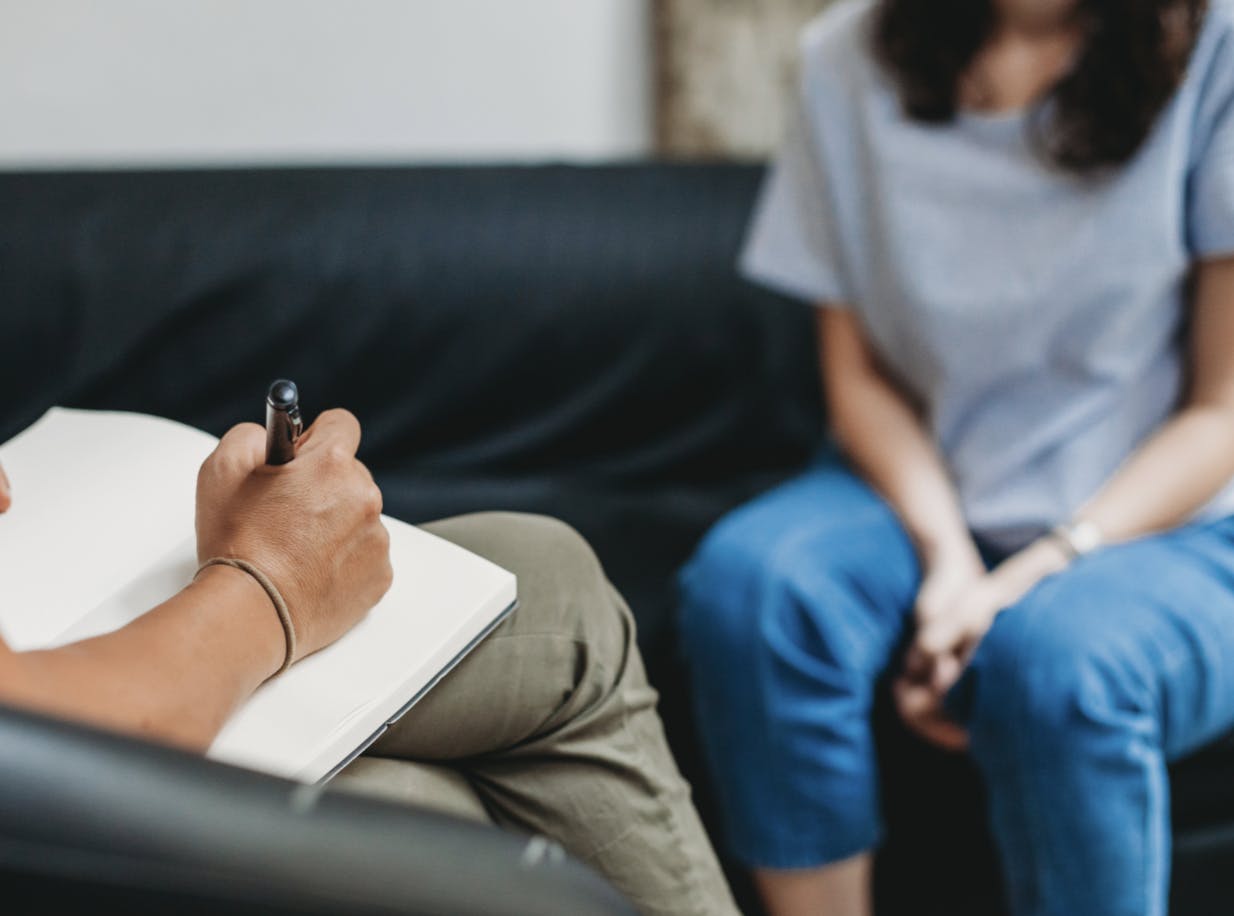
Included teaching methods:
- E-Learning courses: an interactive, motivating, and effective learning method.
- Printable course booklets
- Online exams
- Access to the student centre
- Videos and virtual library.
Course Content Description
Student Guide
- Schedule
- Change due date
- Checklist
- Method and work to do
- 1-Receiving the manual
- 2-Getting started
- 3-Answering the questions
- 4-Self-correcting
- 5-Planning your study schedule
- 6-Assessment tasks
- 7-Sending activities to the College
- Objectives
- The client-therapist approach
- The client file
- The file
- The questionnaire
- The interview
- The intake
- Questionnaire analysis
- Treatment plan
- Follow-up visits
- Report
Homeopathy Questionnaire
- General information
- I- Etiological Signs
- II- General signs
- Schedules
- Seasons, climate, temperature
- Movement, rest, positions
- Clothing
- Lateralization
- Pain
- Sleep
- Dreams
- Perspiration
- III- Local signs
- Digestion
- Wounds
- Genital aspect
- IV- Psychic/mental signs
- V- Observation
- VI- The constitutional and diathetic terrain
- Stance
- 4 Teaching manual
- Natural position of upper and lower limbs
- Movements and actions
- Apparent psyche
- Family history
- Personal history
- Review of knowledge
- Personal activity
Jeannine's Case
- Review of knowledge
Adèle's Case
- Review of knowledge
Georges's Case
Review of knowledge
Arthur's Case
Review of knowledge- Correction of activities


